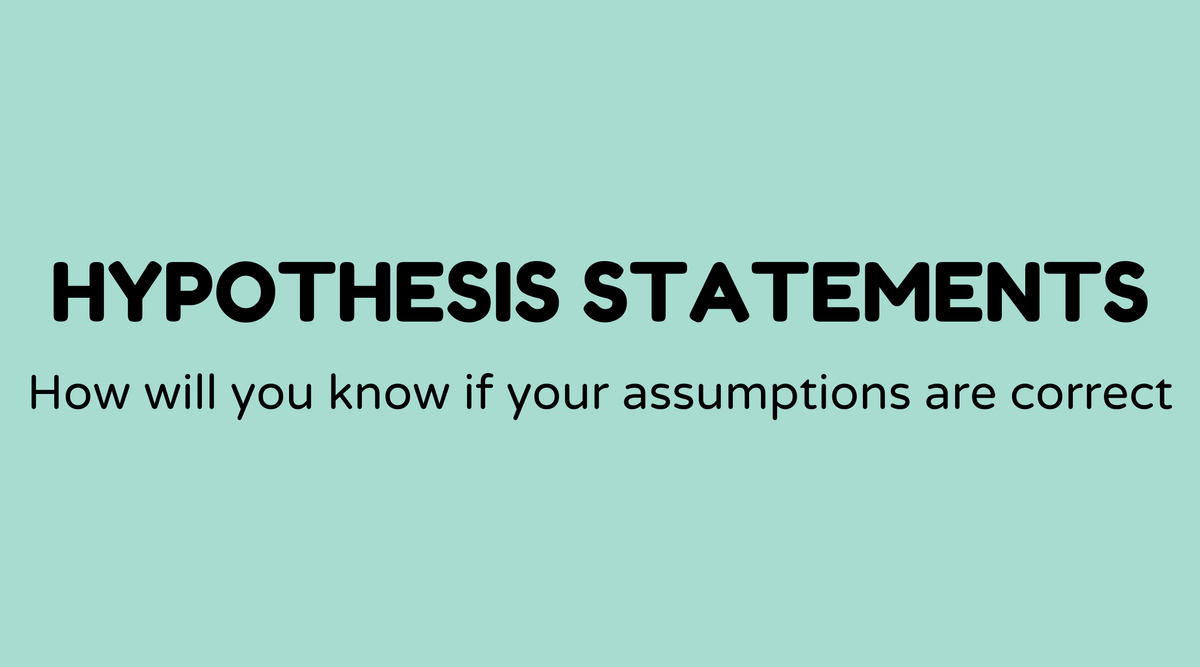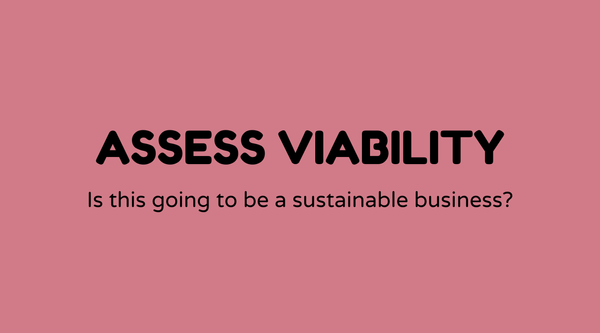Hypothesis Statements

Overview of Hypothesis Statements:
Hypothesis statements hold significant value in both scientific research and business practices. They clarify what you intend to prove or disprove during your study or project. By offering a clear, testable, and quantifiable declaration, hypotheses establish a solid foundation for developing productive experiments or strategies.
Why Hypothesis Statements Matter:
Recognizing the significance of hypothesis statements is essential. They serve as navigational tools. In scientific research, they help sharpen the focus of your investigation and prevent aimless pursuits. For businesses, hypothesis statements guide product development and marketing strategies, providing clear metrics for measuring success. An article from Harvard Business Review noted that businesses utilizing hypothesis-driven methods experienced notable improvements in process efficiency.
What is a Hypothesis Statement:
A hypothesis statement is a suggested explanation or assumption based on limited evidence that acts as a starting point for further inquiry. It's a prediction tested through experiments and data analysis. In scientific contexts, hypotheses are generally formulated as “If X, then Y” statements. For example, "If the temperature rises, then the rate of enzyme activity will increase." In a business scenario, a hypothesis might read, "If we lower the price of our product, customer purchases will increase."
How Do You Formulate a Hypothesis Statement:
Creating a hypothesis statement involves several key steps:
- Identify the Variables: Determine the independent variable (cause) and dependent variable (effect).
- Make an Educated Guess: Propose a connection between the variables.
- Ensure Testability: The statement should be measurable and specific enough to allow for testing through experiments or data collection.
- Refine the Language: Keep it clear and concise while avoiding ambiguous terms.
Examples of Hypothesis Statements:
Let’s look at examples to enhance understanding of hypothesis statements:
- Scientific: "If the amount of sunlight is increased, then plant growth will accelerate."
- Business: "If we implement a loyalty program, customer retention will improve by 20%."
- Social Science: "If social media exposure increases, then the level of teenage anxiety will also rise."
FAQs
-
What is the primary purpose of a hypothesis statement?
A hypothesis statement establishes the framework for research, directing the study's focus and objectives. -
How does a hypothesis differ from a prediction?
A hypothesis is a broader statement that encompasses more than a simple guess; it is testable and based on preliminary evidence. -
Can you have multiple hypotheses in a study?
Absolutely. Complex studies may contain several hypotheses, each tackling different elements of the research question. -
How important is clarity in a hypothesis statement?
It's crucial. An unclear hypothesis can result in flawed testing and unreliable results. -
Should a hypothesis always be correct?
Not necessarily. Invalid hypotheses can still yield valuable insights and guide future research. -
How do hypothesis statements impact product development?
They provide specific benchmarks for testing new ideas or strategies, ensuring that efforts align with achieving clear, measurable outcomes.



